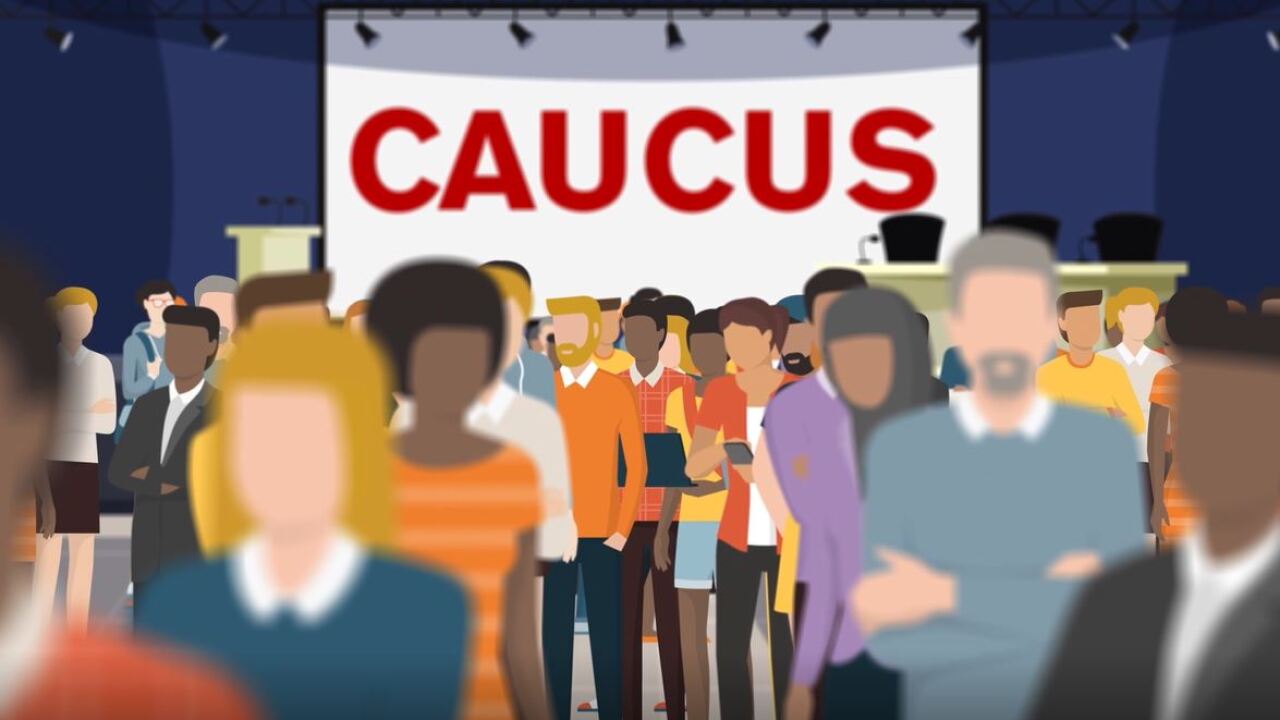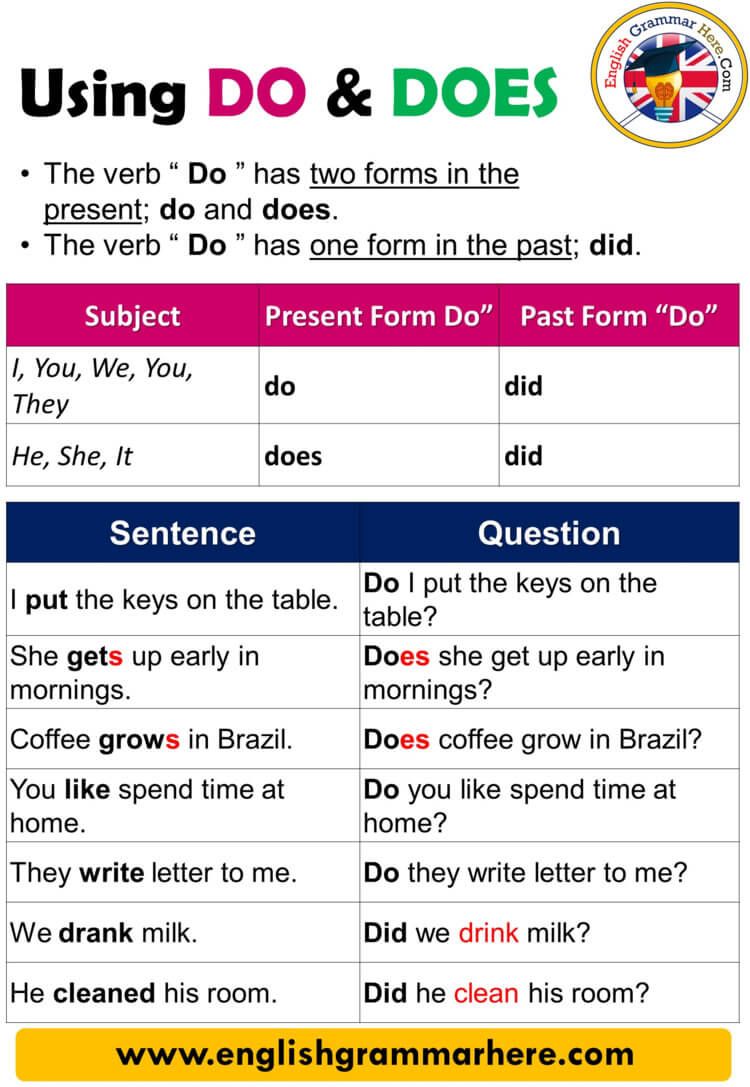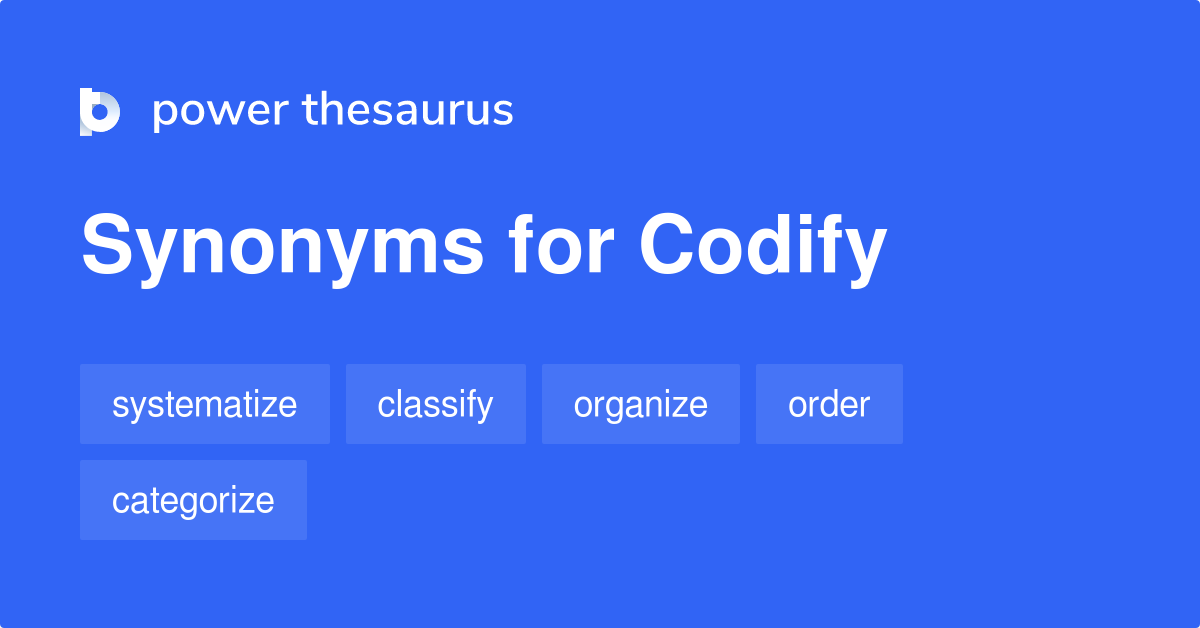Understanding Codification in Politics: Meaning, Process, and Impact
Introduction to Codification in Politics
Codification is a foundational concept in political and legal systems worldwide. In the context of politics, to codify means to systematically arrange, consolidate, and formalize laws, rules, or rights into an organized and accessible code. This process transforms scattered legislation, judicial decisions, and administrative rules into a single, coherent body of law, making the rules clear, concise, and easier to understand for both professionals and the general public [1] .
What Does Codify Mean in Politics?
In political discourse, codify refers to the act of enshrining a principle, right, or policy into formal law through legislative or constitutional means. Codification does not inherently create new rights or laws; rather, it organizes existing ones by subject or area, often making them more visible, accessible, and enforceable [4] . For example, when lawmakers propose to “codify” a right, such as abortion access or voting protections, they mean passing legislation that formally establishes and protects that right as law.
The Codification Process: Step-by-Step
The process of codification typically follows these steps:
- Identification : Legislators or legal experts identify key statutes, judicial decisions, regulations, and principles relevant to a particular area (e.g., civil rights, commercial law).
- Compilation : These legal sources are systematically collected and reviewed to ensure completeness and relevance [5] .
- Organization : The rules are classified and arranged by topic within a structured framework, such as the United States Code or a state legal code [1] .
- Enactment : The compiled code is presented for legislative approval. After debate and possible amendment, it becomes law upon passage and executive signature.
- Publication : The new code is published and disseminated, providing a clear, authoritative reference for citizens, officials, and courts [4] .
This process ensures that laws are not only comprehensive but also accessible and interpretable, reducing ambiguity and potential conflicts in legal interpretation.
Real-World Examples of Codification in Politics
Codification has played a pivotal role in shaping legal systems globally. Historical and contemporary examples include:

Source: clubisshin.weebly.com
- United States Code (USC) : The USC compiles all federal statutes by subject matter, making federal law accessible to legislators, lawyers, and citizens [1] .
- Uniform Commercial Code (UCC) : The UCC codifies commercial law across U.S. states, facilitating uniform business practices and legal clarity [2] .
- Napoleonic Code : Enacted in 1804, this comprehensive codification of French law influenced legal systems in Europe, Latin America, and beyond [5] .
- Codifying Rights (e.g., Roe v. Wade) : In recent U.S. political debates, codifying the principles of Roe v. Wade into federal law would mean passing legislation that formally protects abortion rights nationwide, ensuring they are not dependent on judicial interpretation but are firmly established as statutory law [3] .
Benefits of Codification in Political Contexts
Codification offers several practical advantages:
- Clarity and Consistency : By organizing laws logically, codification eliminates duplication, resolves inconsistencies, and makes legal principles more understandable [4] .
- Accessibility : Citizens and officials can easily reference the law, fostering transparency and accountability.
- Uniformity : Especially in federated systems, codification helps standardize laws across states, reducing confusion and facilitating fair enforcement.
- Legal Certainty : Codified laws provide clear standards for rights and obligations, reducing reliance on unpredictable judicial interpretation [2] .
Potential Challenges and Solutions in Codification
While codification improves clarity and consistency, it can present challenges:

Source: codify.dk
- Complexity of Existing Law : Consolidating decades or centuries of statutes and case law can be daunting, requiring extensive legal expertise and cross-referencing [5] .
- Political Disagreement : Codification often becomes contentious when it involves rights or policies with deep political divides. For instance, attempts to codify reproductive rights or voting protections may spark intense legislative debate [3] .
- Recodification Needs : Over time, codified statutes may become outdated or conflicting, necessitating periodic recodification or reform to maintain coherence and relevance [5] .
Solutions include establishing bipartisan commissions, soliciting public input, and regular legislative review to update codes and ensure they reflect current values and realities.
Alternative Approaches to Codification
Not all legal systems rely equally on codification. Common law jurisdictions, such as the United Kingdom and parts of the U.S., often prioritize precedent and judicial decisions over comprehensive codes. However, even in these systems, codification is used for specific areas where clarity and consistency are paramount, such as commercial, criminal, or administrative law [5] .
How Citizens Can Engage with Codification
Public involvement in the codification process is essential for democratic legitimacy. Citizens seeking to support or influence codification efforts can:
- Contact legislators to express support or concerns about codifying specific rights or policies.
- Participate in public hearings or consultations organized during legislative drafting.
- Stay informed about proposed codification efforts by following official government websites and news outlets.
- Search for codified laws using official resources such as the United States Code or state legislative websites.
For example, if you want to advocate for the codification of a particular right, you can locate your representative’s contact information through your state’s official legislative website and submit written or oral testimony during committee hearings. Additionally, civic organizations often provide guidance and support for engaging with the legislative process.
Key Takeaways and Next Steps
Codification in politics is the process of transforming existing laws, rights, and policies into an organized, formal code, ensuring clarity, consistency, and accessibility. It plays a crucial role in shaping how societies define and protect rights, resolve disputes, and govern themselves. Whether you are a policy advocate, legal professional, or engaged citizen, understanding codification empowers you to participate more effectively in legislative processes and public debates.
If you wish to learn more or take action:
- Visit the official website for your local, state, or federal legislature to review active codification proposals.
- Contact civic organizations involved in legislative advocacy for guidance on participating in codification efforts.
- Use search terms like “codified law,” “codification process,” or “legislative code” to locate additional resources and case studies.
References
- Law Cornell (2022). Definition and explanation of codify in US law.
- Law Cornell (2022). Definition of codified and its application in legislative statutes.
- YES! Magazine (2022). What Would It Mean to Codify Roe Into Law?
- Fiveable (2024). Codified Law – Intro to Political Science.
- Wikipedia (2023). Codification (law).
MORE FROM dealhole.com













